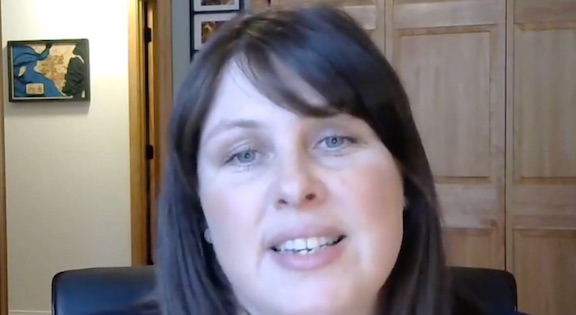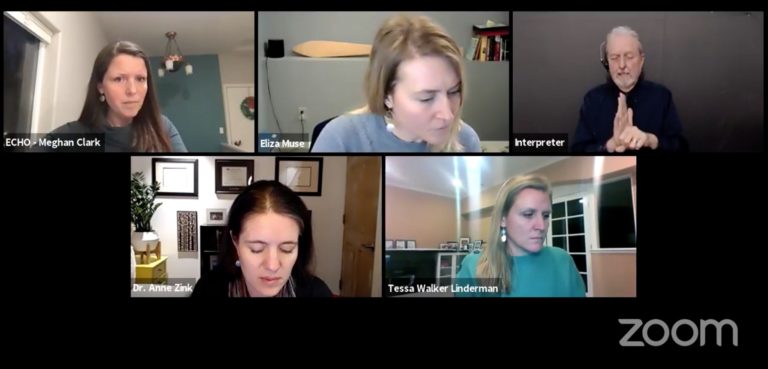Vaccines are now rolling out to every corner in every state, a remarkable feat of science, ingenuity, and gritty supply chain management.
The panic-purveyors, and the pandemic they have fretted over, are taking one last spin around the dance floor, but this pandemic party is all-but over.
Within the week, hospitals across the country will discover that all the beds that were occupied this fall and winter are suddenly freed up, because fall and winter are the months when shoulder and knee replacements are done, and other elective surgeries are booked. It’s harvest season for hospitals and surgeons, as people try to squeeze all their medical costs into the present year, and avoid scheduling costly procedures for January, if they can help it.
Those beds were never overwhelmed by COVID patients; it was just a matter of competition with the seasonal crush of patients. The crush is over.
At the same time, at least 60 million Americans are already, in practical terms, immune to the COVID-19 coronavirus. Their bodies have played host to the virus with varying degrees of complications, but for now, the survivors of the virus are getting back to a normal life.
There are tens of millions of them, and probably even more undiagnosed who caught a whiff of the virus but never experienced so much as a sniffle.
Health experts from Dr. Anthony Fauci to Dr. Anne Zink are telling these folks they have to wear masks anyway, but this group of Americans aren’t really buying it. They’re done.
Another 2 million Americans have already received the COVID-19 vaccine, and they are building immunity to the virus, a process that will take up to five weeks.
In the two weeks since the rollout of the Pfizer vaccine, most of our front-line medical workers are well on their way to immunity.
Assume, for a moment, another 1 million will be infected and another 20 million will be vaccinated by mid-January. Now we’re up to roughly 83 million, or nearly 25 percent of the population of the United States, essentially immune.
Vaccines for about 30 percent of the population will be available by the end of February but the first milestone is the one to watch: In the first week of January, there will be more people vaccinated in the U.S. than will have been reported as positive for the virus in the past year.
Many of those people in the next segment of vaccinations will be elderly and medically compromised or disabled — the ones who would have the roughest time with the virus and could end up in the hospital. By March, these vulnerable Americans will have received the vaccine and be well on their way to freedom.
Eighty percent of the panic during the past year has been coming from about 20 percent of the population. I predict that in 2021, the 20 percent group will be the early adopters for the vaccine. Once they get their second dose, the noise will stop, along with a greatly reduced incentive to continue the panic amongst their peers.
And that will leave public health officials with a rapidly shrinking audience. Public health officials, who command the stage now, will find that people have moved on to birthday parties, funerals, weddings, and school.
What this column is about is human nature, and the way societies work. It’s the self-interest hardwired into all of us that drives this human behavior, especially among Americans. Thus, in a matter of weeks, the media won’t be able to scare people into getting the vaccine; they’ll either get it or they will shrug and take their chances.
Once the year-long fight-or-flight syndrome fades, the public will not only accept “getting back to normal,” they’ll insist on it. They want their adrenal glands back.
By then, the damage to the economy will be profound and irreversible for many. And by economy, we always mean the private sector — the government is not part of GDP, except for government spending. It does not produce wealth, but skims it from the nongovernmental public. That is a topic for another day.
There are too many pieces to the puzzle of 2021 to know with certainty how soon this calming-down will unfold, but the big conversation right now needs to shift to how to repair the damage to communities caused by the panicked politicians and their well-meaning public health advisers.
The true policy professionals will soon understand that there is just not enough evidence to keep our cities locked down any longer.






